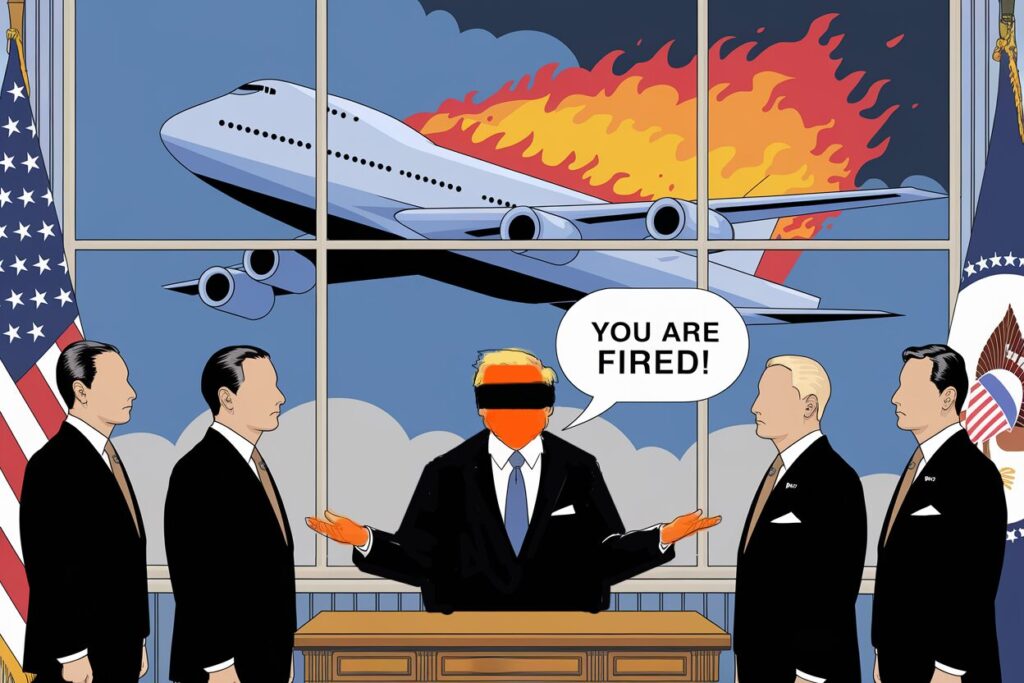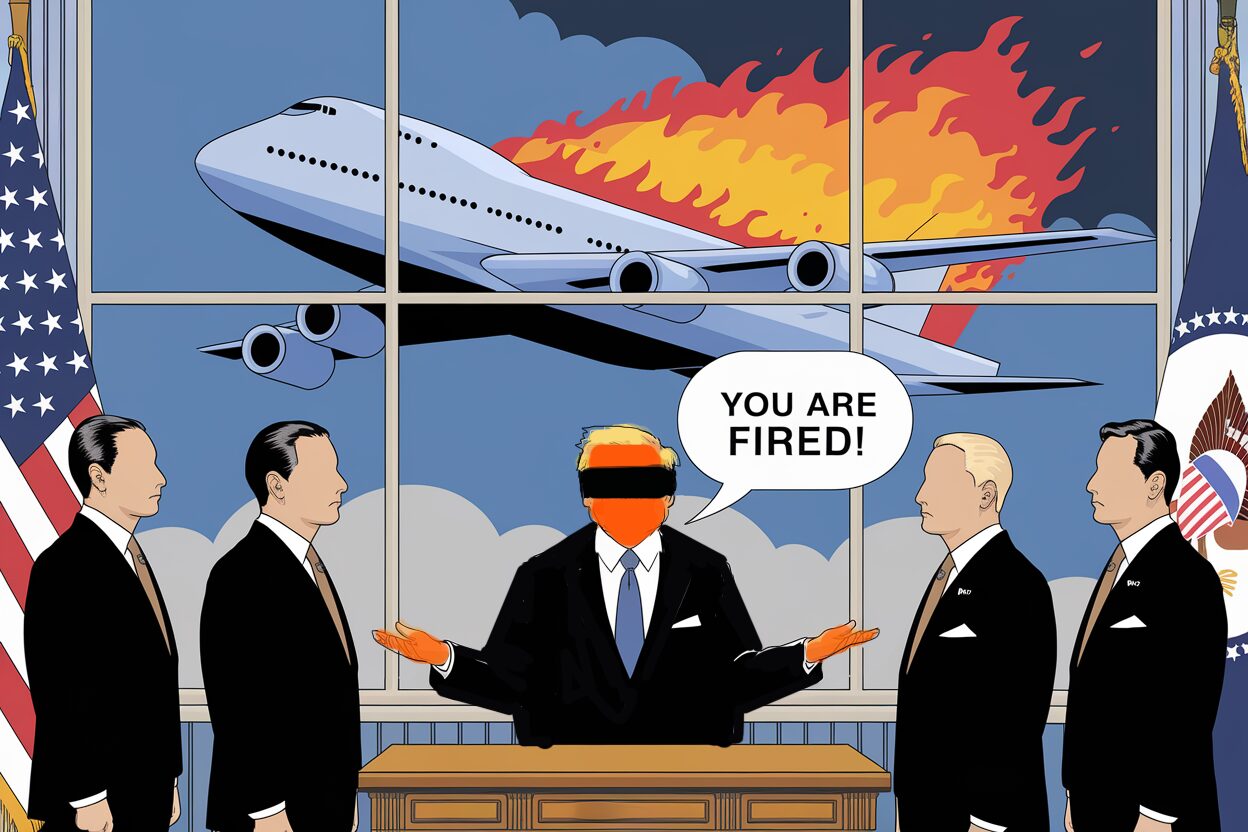
The abrupt dismissal of key aviation safety officials by President Trump shortly after taking office has raised significant concerns about the impact on U.S. aviation safety and security. The firing of the Transportation Safety Administration (TSA) head and the entire Aviation Security Advisory Committee marked a stark shift in priorities, with a new focus on immigration over aviation safeguards.
This radical overhaul came as part of a broader agenda to reshape the federal government, particularly the Department of Homeland Security, which oversees critical aspects of national security, including aviation. The removals were part of an effort to align the department more closely with Trump’s policy priorities, notably immigration control, often at the expense of other critical areas like aviation safety.
Critics argue that such significant changes to key safety roles could lead to gaps in the enforcement of safety regulations and oversight, potentially making the skies less safe for both passengers and airline personnel. These actions have stirred debate about the balance between securing borders and ensuring the safety of the nation’s transportation systems, with many questioning the long-term implications for national and international air travel safety.
The consequences of these firings were felt almost immediately, as exemplified by a string of aviation incidents that raised alarms about the state of U.S. aviation safety. The absence of experienced leadership in crucial safety positions may have contributed to oversights and lapses in standard safety protocols. The aviation community and the public alike are left wondering whether these administrative changes have indirectly compromised the safety and security of air travel.
As the situation unfolds, it’s clear that the intersection of politics and aviation safety warrants close scrutiny. The ongoing debate continues to highlight the need for a balanced approach that does not undermine critical safety measures in pursuit of other policy objectives. The aviation sector, essential to global business and commerce, requires stable and experienced oversight to navigate the complex challenges of modern air travel and ensure the safety of millions of passengers each year.
For more information, you can see the impact of these firings on aviation safety through reliable sources like Mother Jones and The New Republic, which provide information into the broader implications of such governmental shifts.

